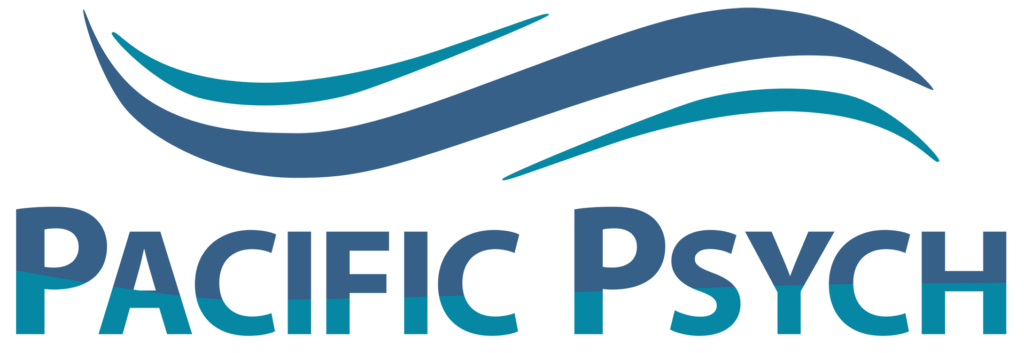This is part five of a five-part series on psychedelics as treatment for depression. Read part one: Psychedelics for Depression.
Although there is still much information to be gathered, it is clear that there is a case building for the use of various psychedelics as treatment for depression, including MDMA. Even as far back as the 1940s, scientists were looking for therapeutic approaches for what are now mostly illegal and banned substances that were taken advantage of for their recreational benefits. Today, those studies are showing promise and the future is bright.
MDMA is the frontrunner, primed for FDA approval any day now, with plenty of supporting information and research from various credible sources to back up the benefits of this treatment for depression and PTSD, as well as other mental health conditions. It’s only a matter of time before the others get more time in the research spotlight and seek their own path to FDA approval.
The brain is still a mysterious beast, for the most part, and for all that we know there is so much more to learn. However, we do know that trauma and mood disorders can impact the brain’s ability to process emotions or handle things properly. By using psychedelics to reduce those hindrances and essentially “take down the walls”, people will be able to get to the root of their issues and find resolution much more quickly and effectively.
This is, of course, the hope of the proponents for psychedelics as treatment for depression, which offers a new world of hope to those who have yet to find relief, and for those who know that their largest problem is being able to get out of their own way. For those who need a different path, it may not be long before we see this as an option that is available.
Resources:
- http://www.health.am/psy/more/can-psychedelic-drugs-treat-depression/
- https://maps.org/2010/10/28/can-psychedelic-drugs-treat-depression1/
- https://maps.org/mdma/
- https://www.medicalnewstoday.com/articles/mdma-depression#mdma-and-depression
- https://www.verywellmind.com/psilocybin-for-depression-what-you-need-to-know-5088261
- https://www.health.harvard.edu/blog/ketamine-for-major-depression-new-tool-new-questions-2019052216673
- https://www.npr.org/sections/health-shots/2020/11/04/931377532/rigorous-study-backs-a-psychedelic-treatment-for-major-depression
- https://www.hopkinsmedicine.org/news/newsroom/news-releases/psychedelic-treatment-with-psilocybin-relieves-major-depression-study-shows

